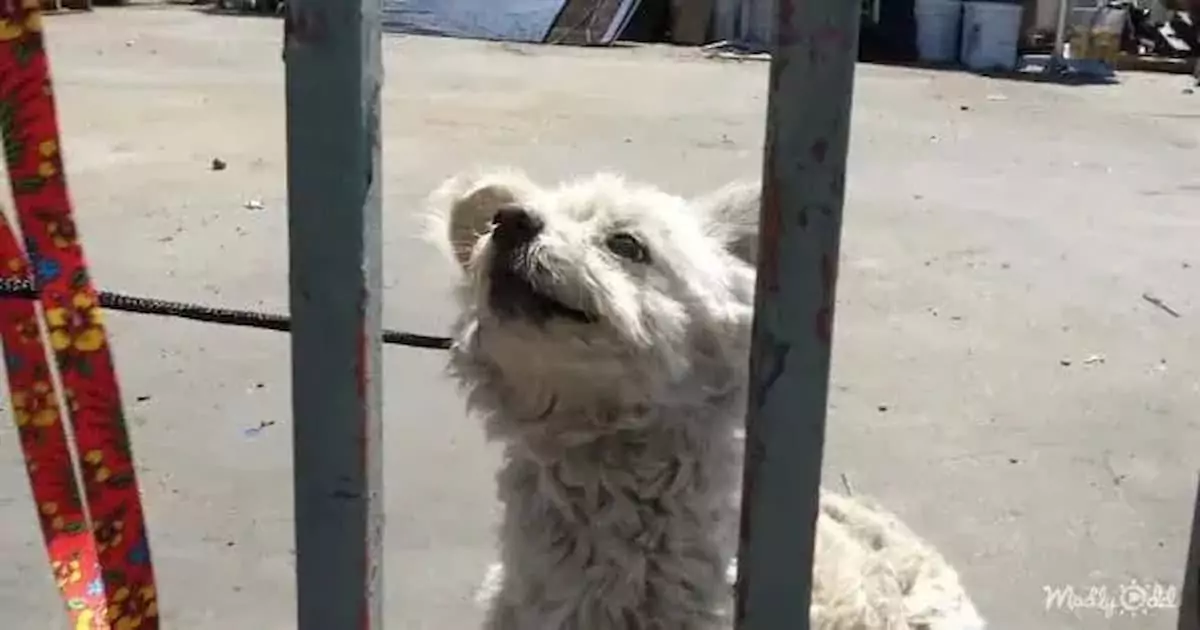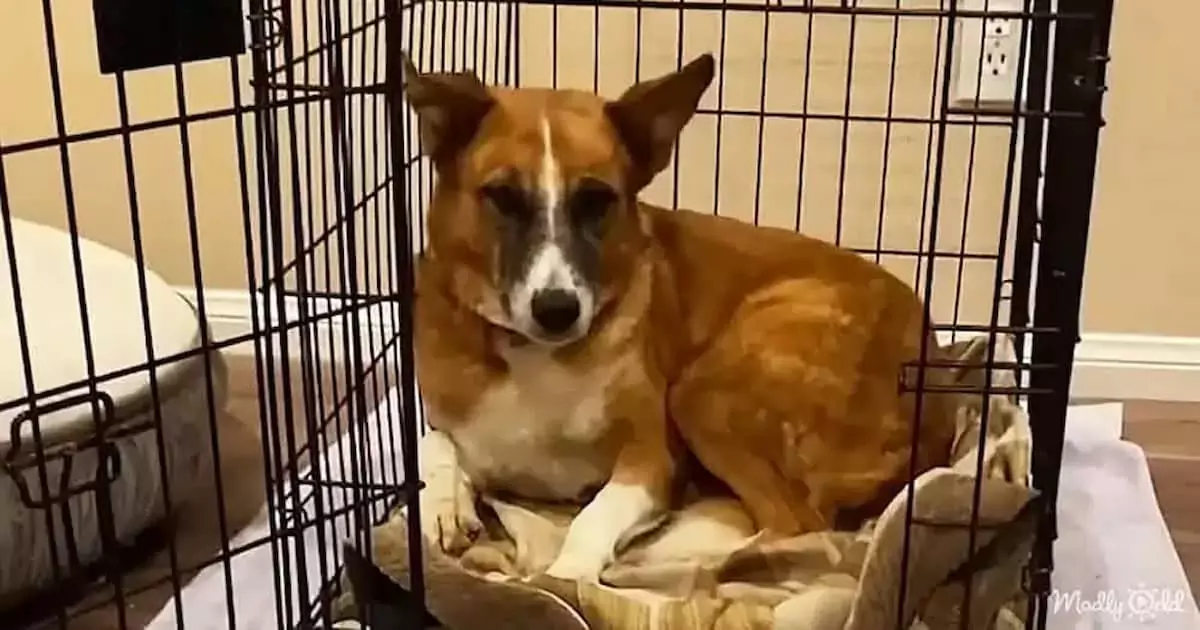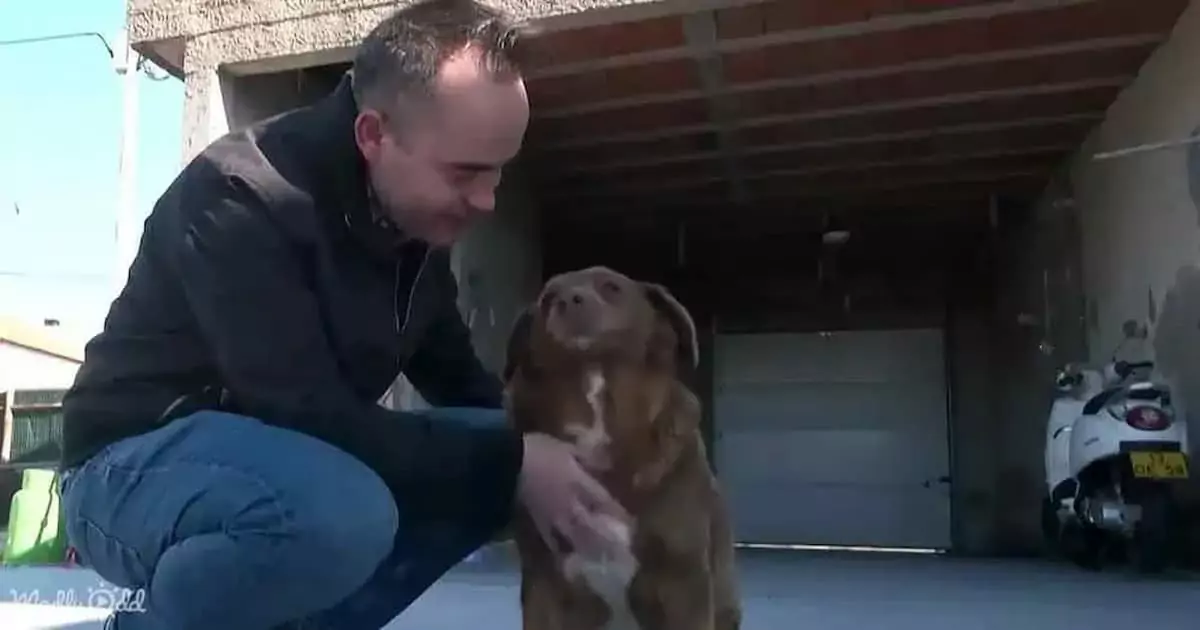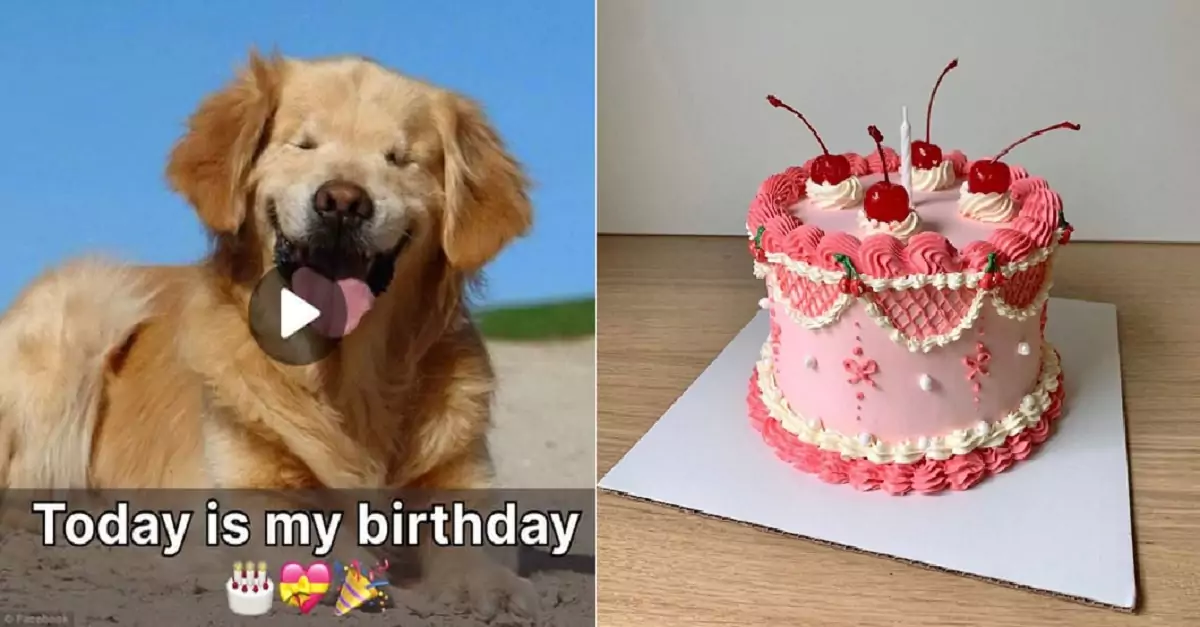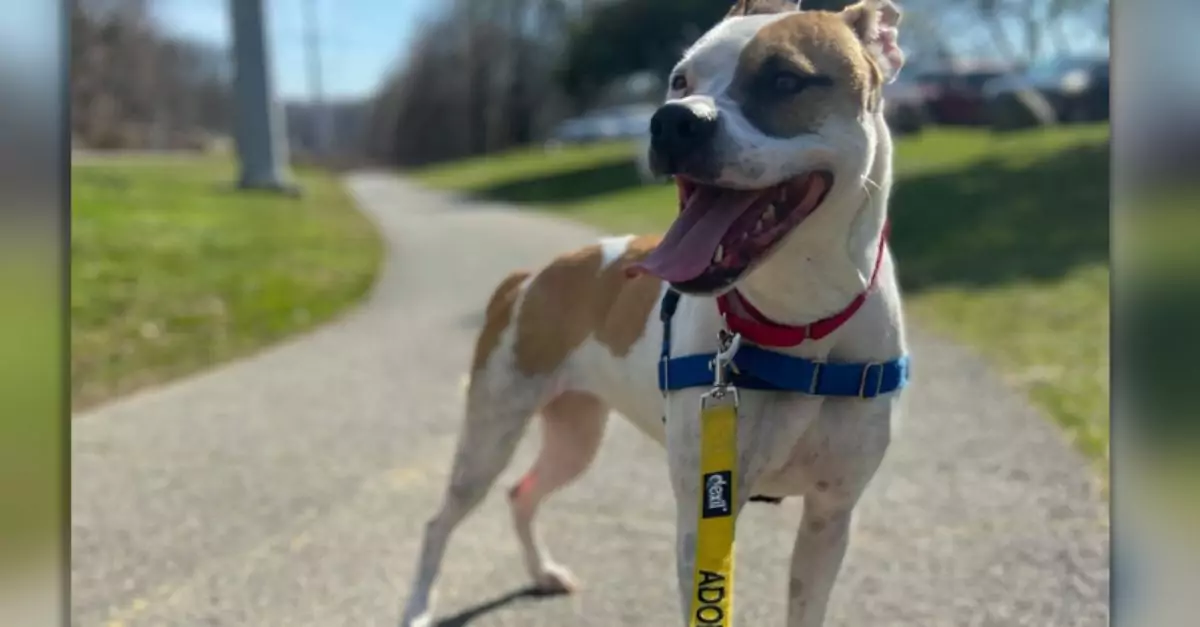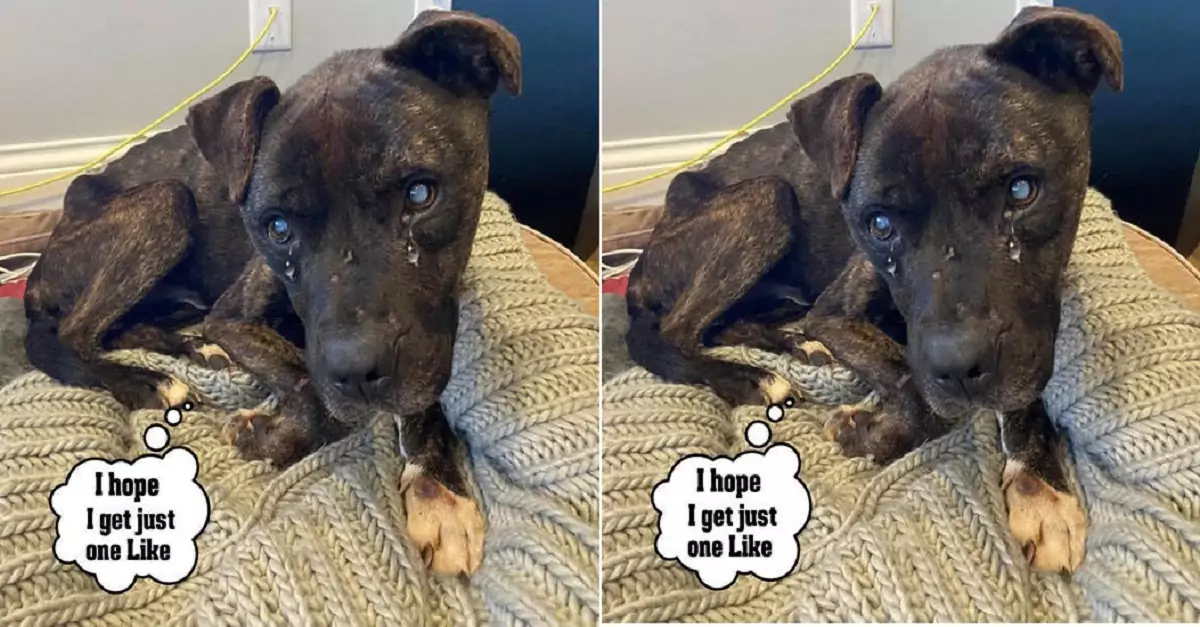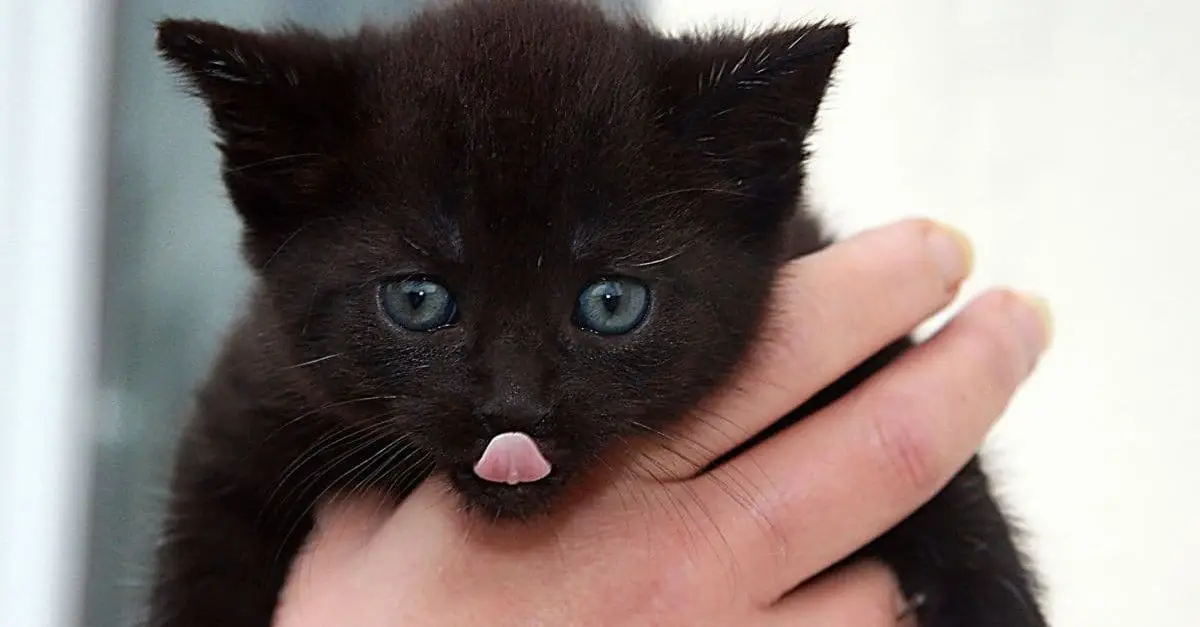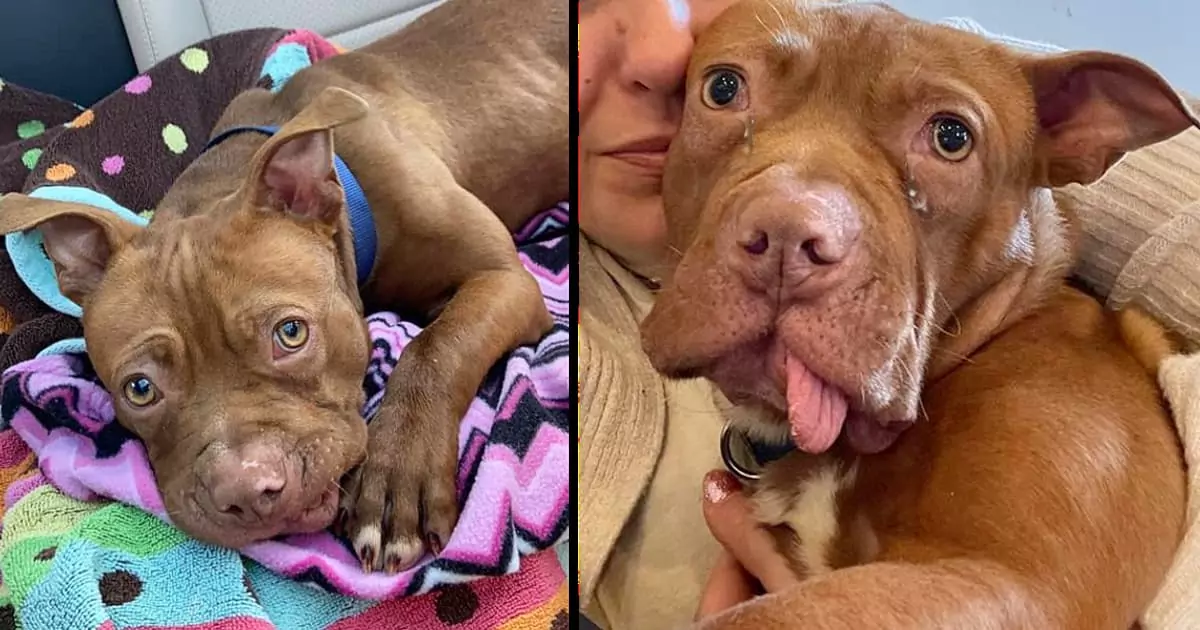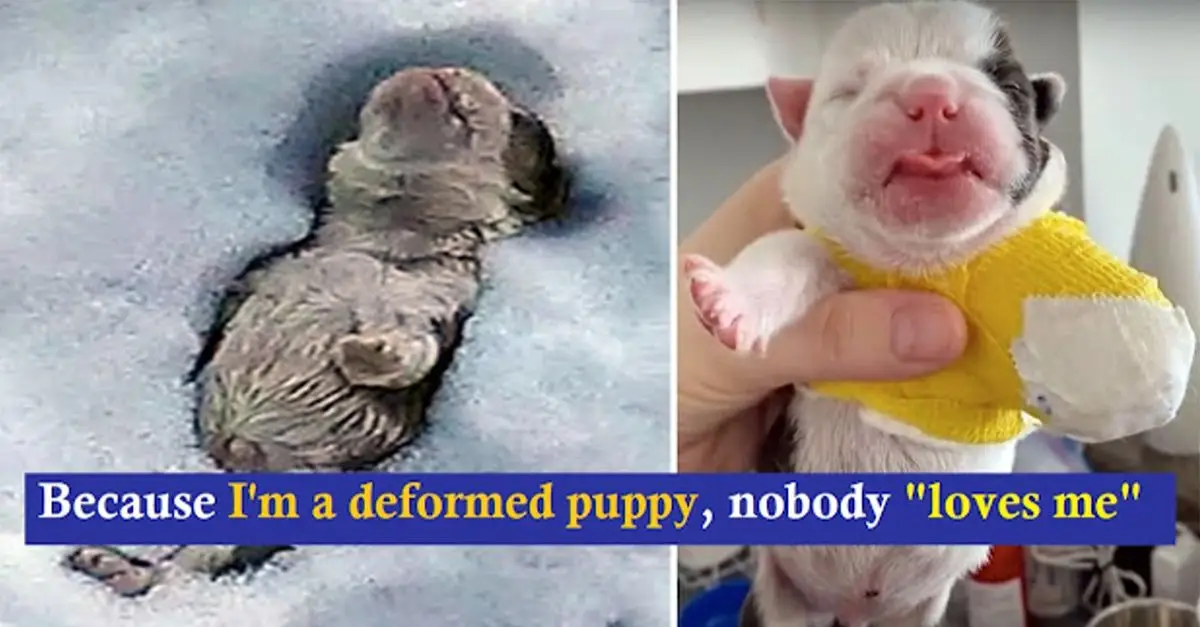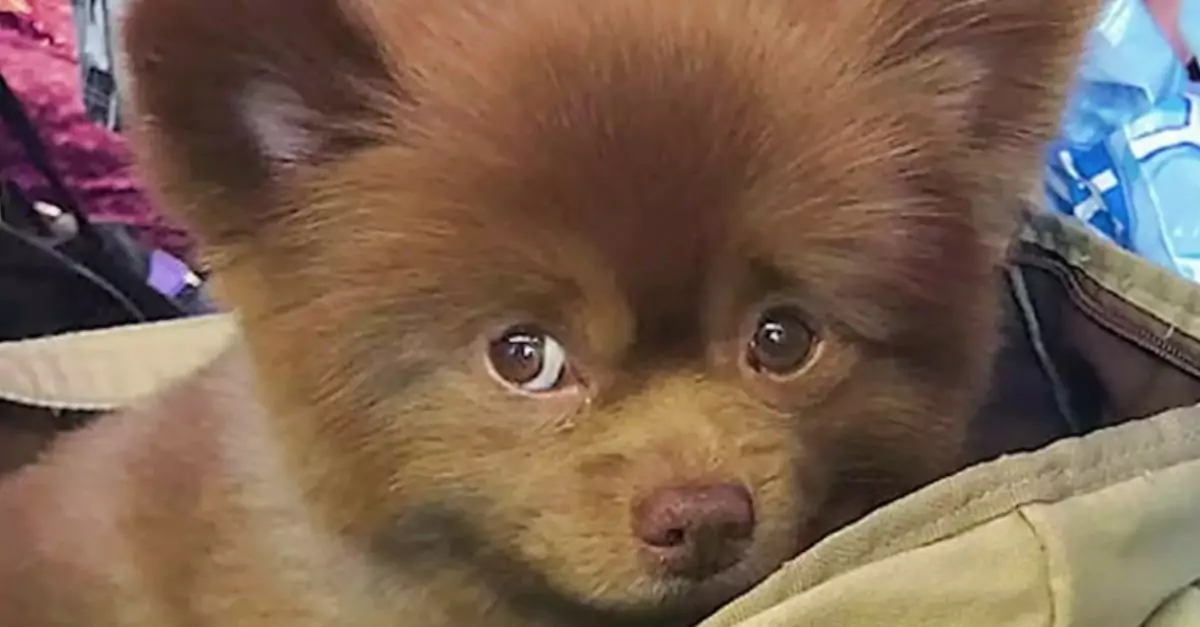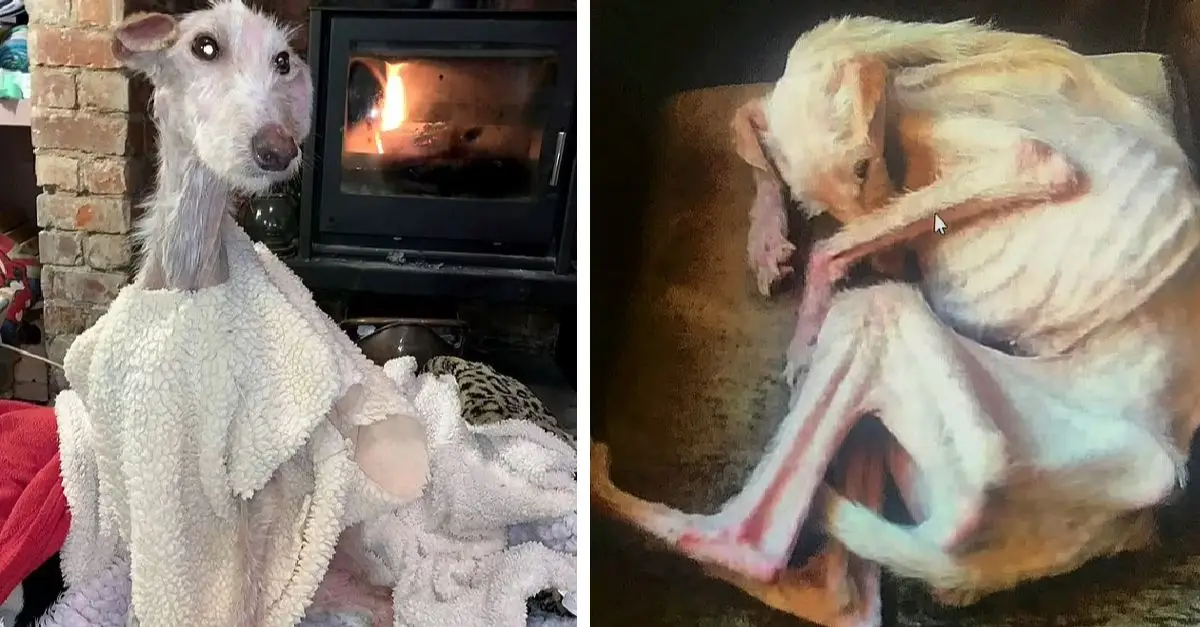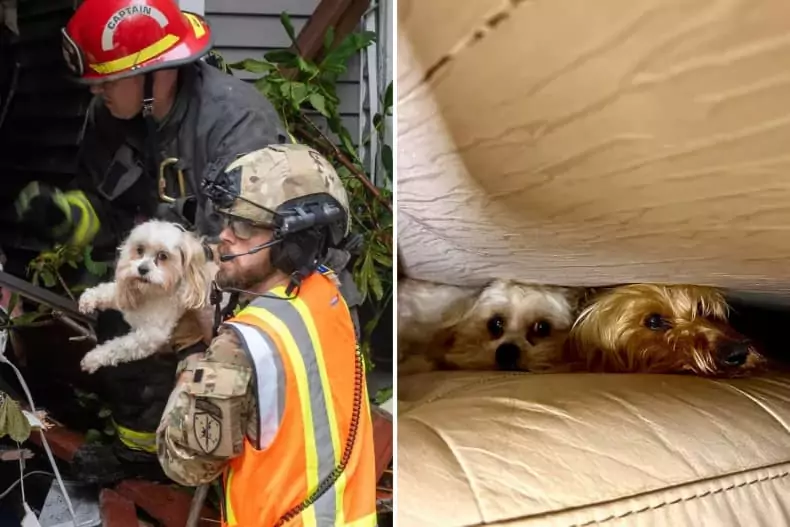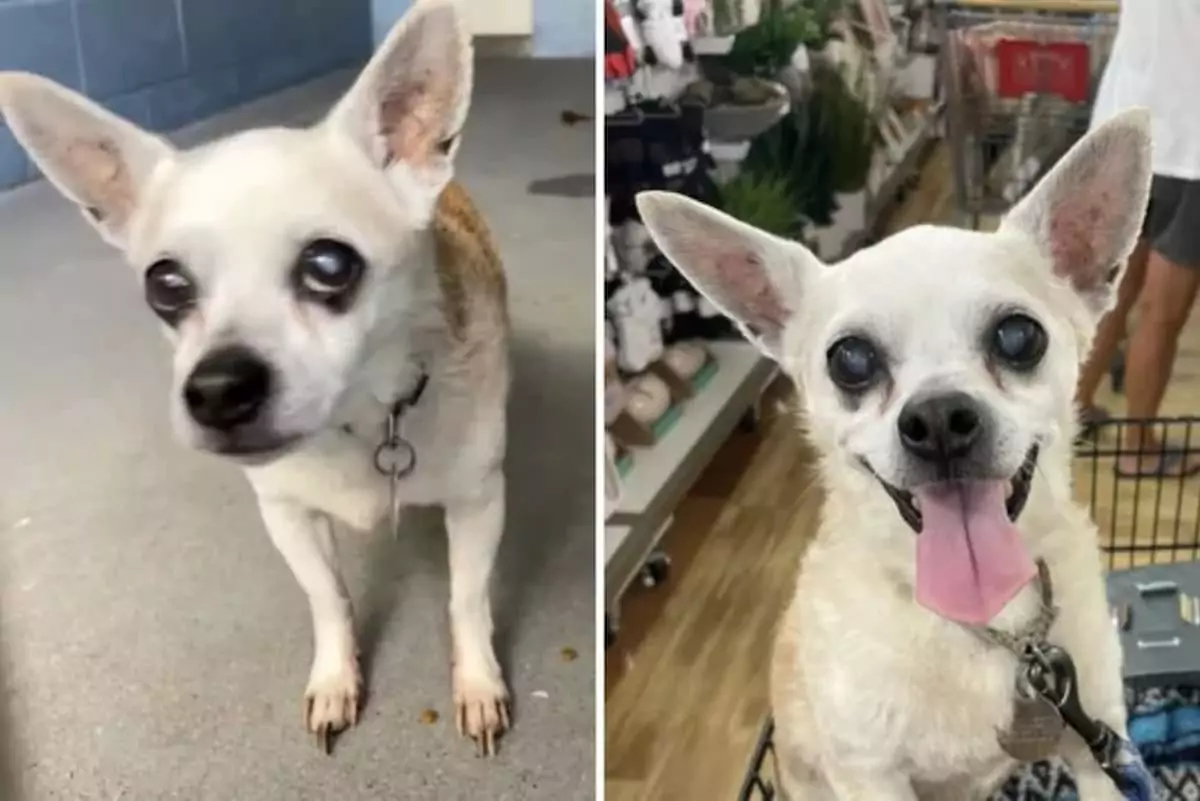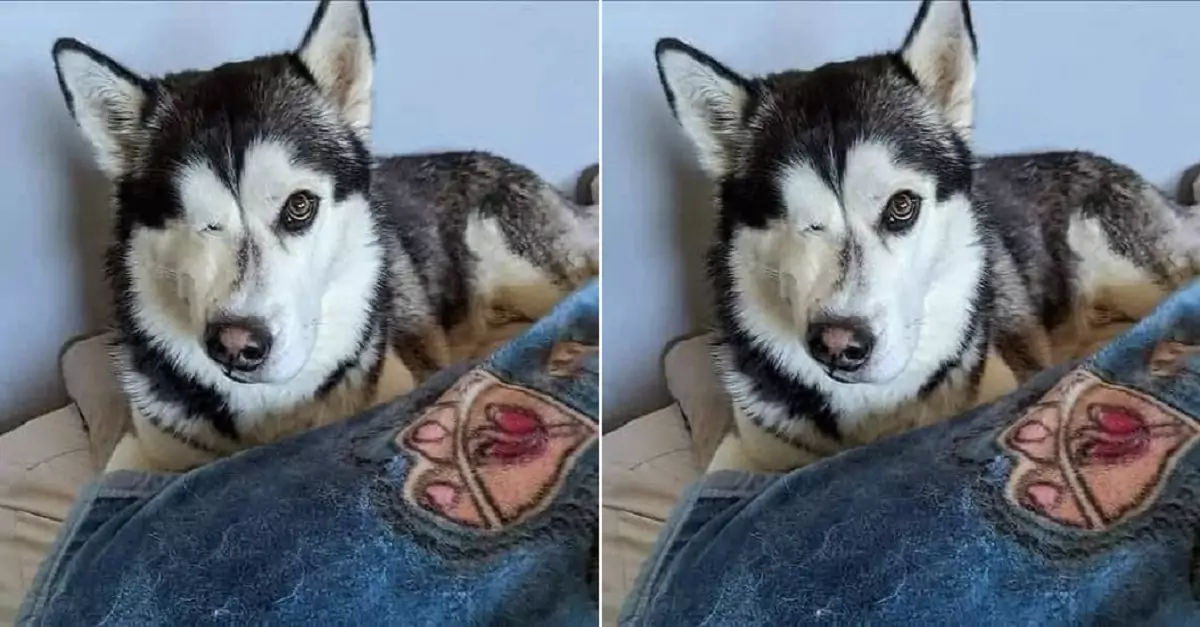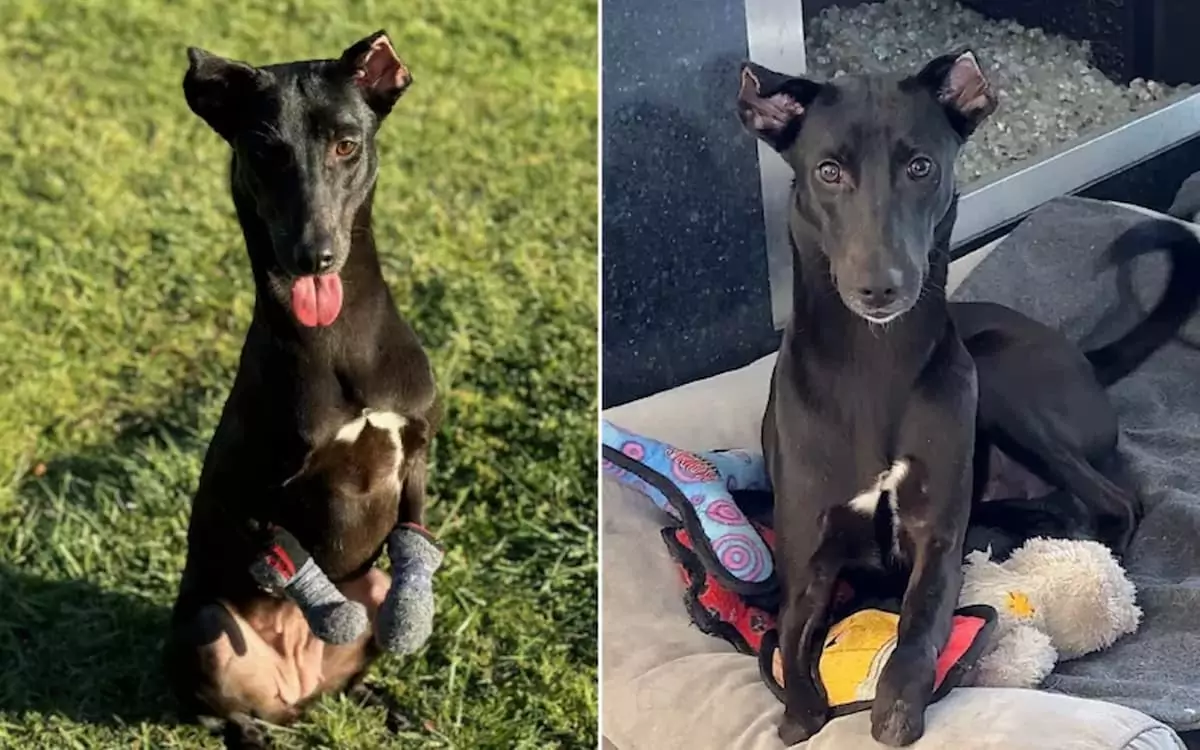The first time I saw him, he was sitting alone in the corner of a cold, steel cage at the animal shelter. His small body was curled tightly into itself, as if trying to disappear. He was just eight months old, but his eyes carried the weight of a soul that had already seen too much pain. And then, he did something that shattered my heart completely—he cried.
Real tears streamed down his furry cheeks, silently, without a sound. I had never seen a dog cry like that before. It wasn’t the kind of whining or whimpering that puppies sometimes do. These were real, human-like tears—tears that spoke louder than any words ever could. The sight struck me deeply, revealing not only his sorrow but also a quiet plea for someone, anyone, to understand.
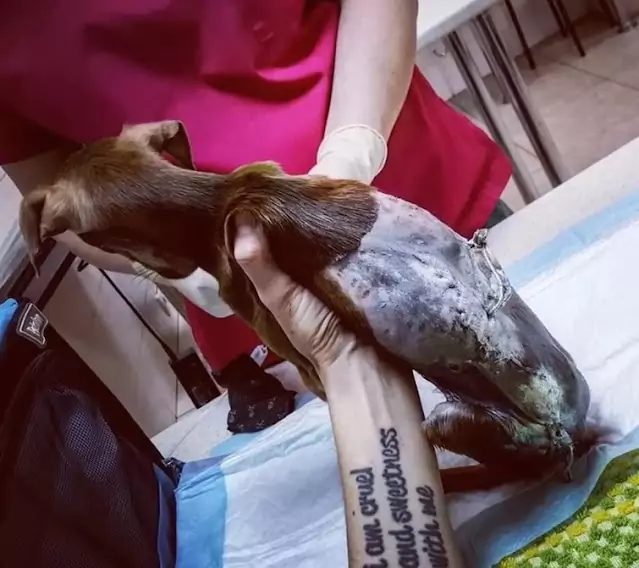
The shelter staff told me his name was Max. He had been found abandoned on the side of the road, tied to a broken fence, shivering in the rain. A family had once taken him in, but when their lives grew complicated, Max became disposable. No one looked back as they drove away, leaving him behind like an old toy that had lost its charm.
In that moment, watching Max cry, I felt something stir inside me—an overwhelming mix of sadness, anger, and compassion. I knelt beside the cage, reaching my hand through the bars. Slowly, hesitantly, Max lifted his head. His wet eyes met mine, and I whispered, “You’re not alone anymore.”
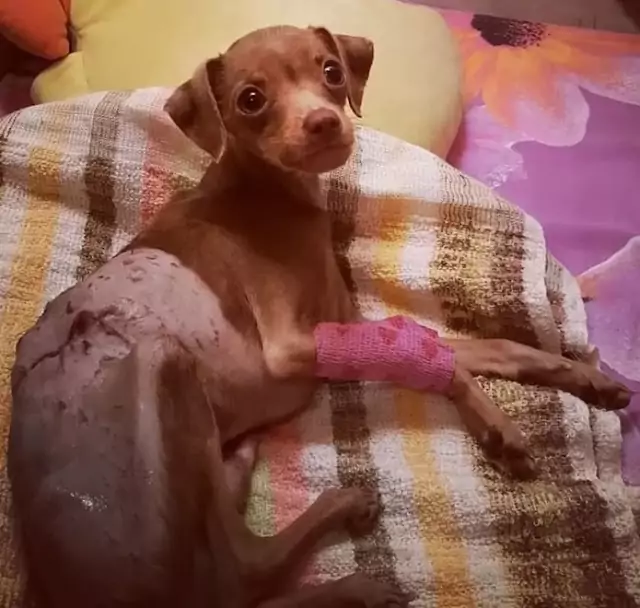
That day, I took Max home.
The first few weeks were not easy. He flinched at sudden movements, cowered when I raised my voice to call someone, and refused to eat unless I sat beside him. He would often wake up crying in the middle of the night, and I would hold him close, letting him know he was safe. Healing doesn’t happen overnight—not for humans, and certainly not for animals who have felt the sting of betrayal.
But day by day, Max began to trust again. He started wagging his tail when I came home. He followed me around the house, sat by my side as I worked, and even dared to play with a ball I left on the floor. The light in his eyes slowly returned.
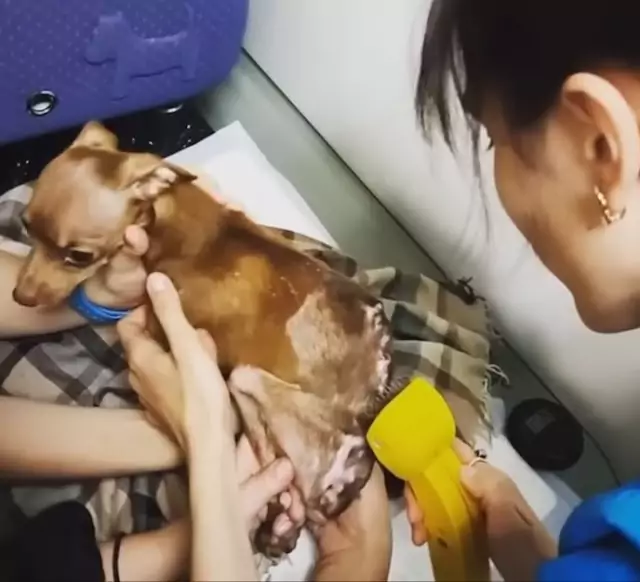
What amazed me most was Max’s ability to sense pain in others. Whenever someone in my family was upset or crying, Max would gently nudge their hand with his nose or rest his head on their lap. His own suffering had given him a gift—the gift of empathy.
With time and training, Max became a certified therapy dog. He now visits children in hospitals, bringing smiles to faces that haven’t smiled in weeks. He comforts veterans dealing with PTSD, quietly sitting beside them as they face memories they wish they could forget. He listens, he loves, and he heals—not with words, but with the unspoken understanding of a heart that has known sorrow.
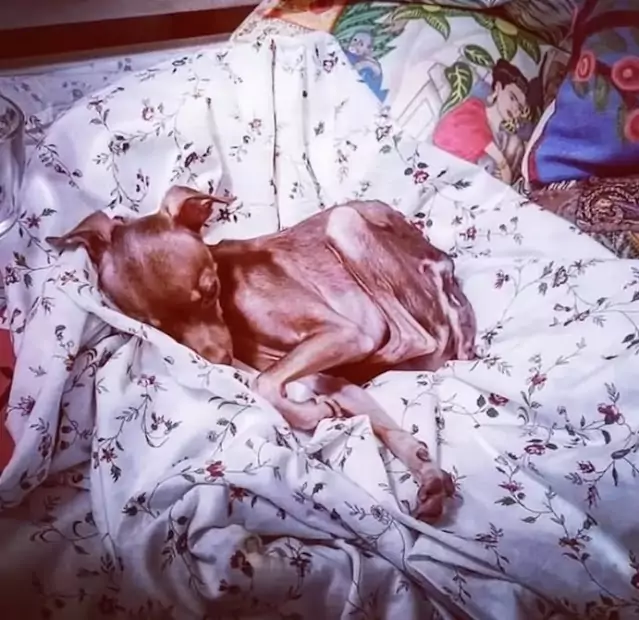
Max is no longer the broken puppy I once met in that shelter. He is strong. He is brave. And most of all, he is loved.
His tears once broke my heart. But today, his courage fills it.

